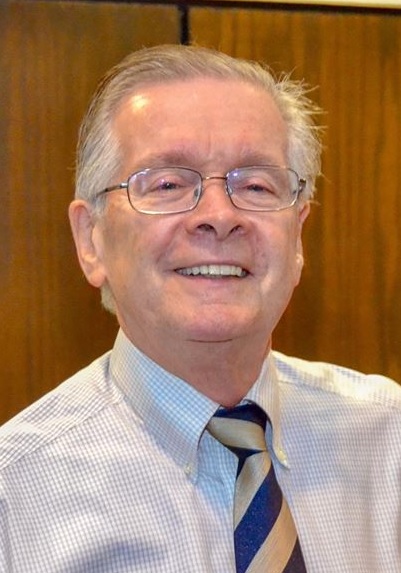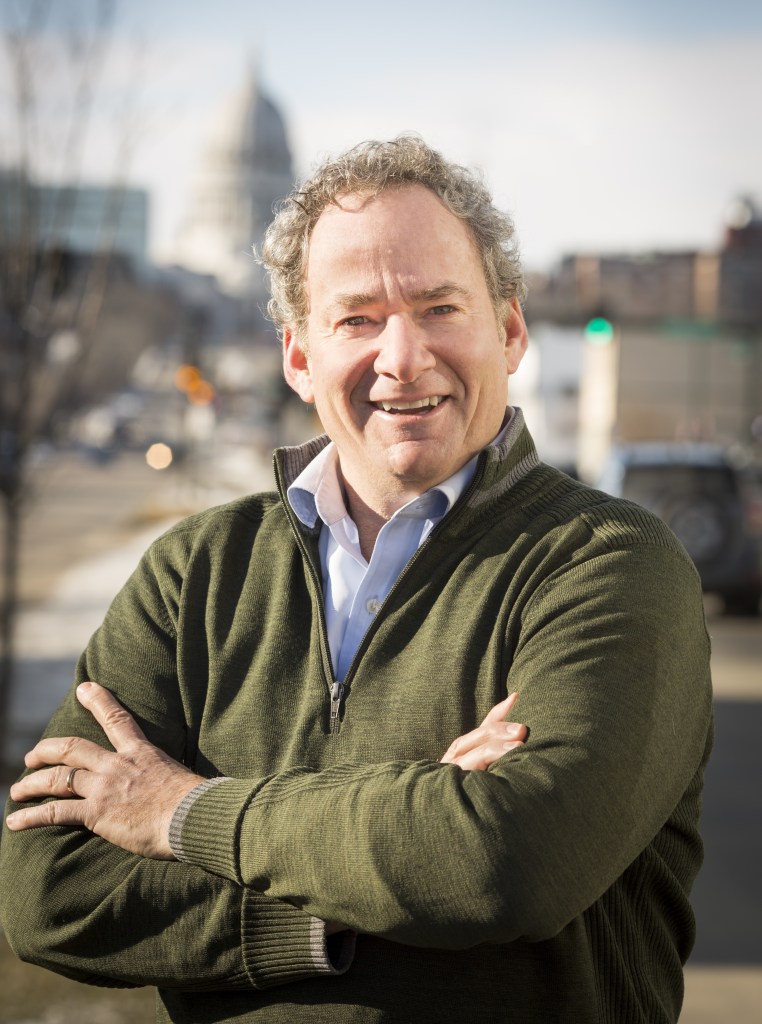Politics
PFAFF v KAPANKE: $2 million raised and spent for a $53,000-a year job

The epicenter of the battle for the Wisconsin State Senate this fall was in La Crosse and the surrounding areas.
Incumbent Democrat Senate Minority Leader Jennifer Shilling, who narrowly won in 2016, decided against running in 2020.
Peter Cameron is the editor-in-chief of The Badger Project,
a nonpartisan, nonprofit news publication out of Madison
Money flooded the race for the 32nd District State Senate post, and for good reason: Republicans had to win the seat to secure the 2/3 supermajority needed to override the veto of Democratic Gov. Tony Evers.
The state Republican Party gave its candidate, Dan Kapanke, who held the seat a decade ago, more than $160,000. Wisconsin Democrats sent a comparative tsunami of more than $1 million to Brad Pfaff. Full campaign finance records for the 2020 election became publicly available last month.
Pfaff, the former acting state Agriculture Secretary, won the seat by a wafer-thin 582 votes in an election with nearly 100,000 cast.

Money may have made the difference, said Joe Heim, a professor emeritus of political science at UW-La Crosse.
“The Democrats, apparently, were willing to spend almost anything to avoid the loss in this district,” he said.
Neither Pfaff nor Kapanke responded to multiple requests for comment.
In total, Pfaff raised and spent more than $1.5 million, according to campaign finance records, while Kapanke raised and spent more than $600,000, according to campaign finance records.
All for a job that pays $53,000 a year.
In 2012, the race for the seat in the 32nd Senate District, which runs along the Mississippi River from Prairie du Chien past La Crosse, drew a total of about $300,000 in campaign donations. Despite winning, Shilling was outraised by her opponent $170,000 to $128,000.
But in 2015, after court cases weakened state campaign finance law, the Republican-controlled state legislature further diluted restrictions on political donations.
Those events have left a gaping loophole in Wisconsin campaign finance law. While individuals are limited in what they can donate to a candidate, political parties are now free from campaign finance limits. Millionaire and billionaire donors can give unlimited amounts to political parties, which can turn around and give unlimited sums to candidates. That’s how Pfaff was able to receive more than $1 million from his political party. By state law, an individual could only give him a maximum of $2,000.

“It’s just astonishing that the price tag for running for office just continues to shatter the ceiling into the stratosphere,” said Matt Rothschild, executive director of the Wisconsin Democracy Campaign, a Madison-based organization that tracks campaign spending in the state.
The race between Pfaff and Kapanke likely broke the state record for most money raised by a single candidate for state legislature.
The previous record for a general state legislative election was held by state Sen. Howard Marklein (R-Spring Green), who raised more than $900,000 in 2018 to win re-election.
In a sign of the times, Pfaff and five other individual candidates likely broke that record in 2020.
Whether those candidates definitely shattered campaign spending records is somewhat unclear. The Wisconsin Ethics Commission, which monitors campaign finance in the state, has records dating back to 2008, Administrator Daniel A. Carlton Jr. said. Previous records have either been destroyed or are housed in a state building somewhere. But stricter campaign finance laws before 2015 and more modest spending in state legislative races as a result make it probable that new highs were set last year.
Experts like Rothschild draw a direct line between the huge spending in legislative races in 2020 and massive donations made by the megarich, in state and out, to the two major political parties.
Out-of-state billionaire liberals like Illinois Gov. J.B. Pritzker, an heir to the Hyatt Hotel fortune, and Karla Jurvetson, a California physician, donated $2.5 million and $2.8 million, respectively, to the Democratic Party of Wisconsin. Billionaires Diane Hendricks of ABC Building Supply, who lives in the Beloit area, and Elizabeth Uihlein of Uline Shipping Supplies, who splits time between Chicago and Wisconsin, gave $2.4 million and $1 million to state Republicans, respectively.
“We have a representational crisis in Wisconsin because of this problem of money in politics right now,” Rothschild said.
Elected officials aren’t representing their constituents, he said. “They are representing the people who finance them.”
Democrats have introduced a bill in the Republican-controlled legislature that would apply limits on donations to and from political parties in Wisconsin, but Republicans ignored it.
So the cash avalanche continues.
Political action committees for unions representing teachers, metal workers and firefighters supported Pfaff with tens of thousands of dollars.
Notable donors to Kapanke include the Wisconsin Realtors Association, Wisconsin Electric Cooperative Association, and Wisconsin Farm Bureau, all of which gave the maximum $2,000. LaVonne Zietlow, who owns Kwik Trip with her husband, gave him $1,500.

